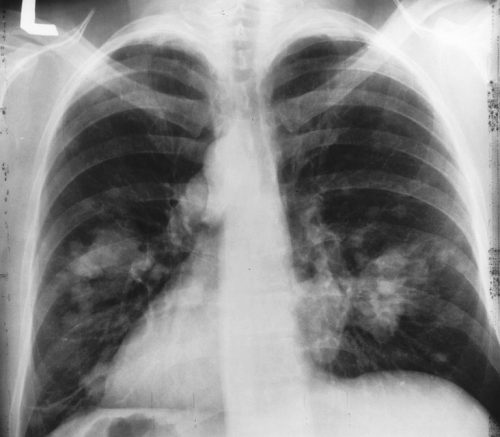Many pregnant women who suffer from asthma are putting their unborn child’s health at risk by failing to use the right medication, according to a University of Adelaide researcher.
Postdoctoral researcher Dr Annette Osei-Kumah says if asthma is not correctly managed during pregnancy it can result in premature births, low birth weights and even stillbirths.
Dr Osei-Kumah, the University of Adelaide’s inaugural Florey Fellow, says asthma is often worse during pregnancy due to different factors released from the placenta which cause inflammation in the mothers’ lung.
Previous studies reveal that during pregnancy, one third of women report their asthma is worse, one third maintain their asthma remains the same and another third report an improvement.
However, most women underestimate the effect of asthma during their pregnancy, Dr Osei-Kumah says.
“Most women who said their asthma didn’t change actually recorded poorer lung function when tested and 55% experienced at least one asthma attack during pregnancy,” she says.
There are sex-specific effects as well. Uncontrolled asthma invariably leads to low birth weights in female babies. Male babies, on the other hand, continue to grow normally but if a mother has an asthma attack during pregnancy they are less likely to survive.
Dr Osei-Kumah says most women who are asthmatic stop using their medications during pregnancy due to fear of side effects, but their concerns are unfounded.
“What we have found is the lack of medication use is leading to problems, aggravating the asthma and putting the fetus as risk, as well as the mother’s health.
“It’s important that women use their asthma medications throughout pregnancy and get regular checkups with their GP to ensure their asthma is under control.”
Dr Osei-Kumah has been awarded the inaugural Florey Early Career Northern Health Research Fellow in honour of the University’s most famous graduate Lord Howard Florey.
The Florey Fellowship will fund a two-year research project at the Lyell McEwin Hospital, helping pregnant women in the northern suburbs of Adelaide manage their asthma and reduce the health risks for their unborn child.
About 12% of the Australian population suffers from asthma, although this figure is higher in South Australia and also in low socio-economic areas due to a range of factors, including diet and lifestyle.
Source: University of Adelaide





